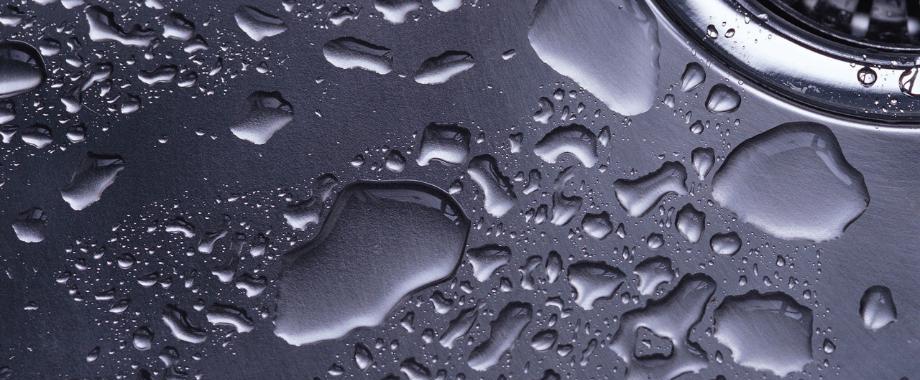Air Source Heat Pumps
Heat your home with energy absorbed from the air around you.
Air source heat pumps absorb heat from the outside air. This heat can then be used to warm water for radiators, underfloor heating systems, warm air convectors or hot water in your home.
How do air source heat pumps work?
An air source hat pump extracts heat from the outside air in the same way that a fridge extracts heat from it's inside. It can extract heat from the air even when the outside temperature is as low as minus 15 degrees centigrade. Heat pumps have some impact on the environment as they need electricity to run, but the heat they extract from the ground, air or water is constantly being renewed naturally.
There are two main types:
- An air-to-water system - uses the heat to warm water. Heat pumps heat water to a lower temperature than a standard boiler system would, so they are more suitable for underfloor heating systems than radiator systems.
- An air-to-air system - produces warm air which is circulated by fans to heat your home. Heat from the air is absorbed into a fluid which is pumped through a heat exchanger in the heat pump. Low grade heat is then extracted by the refrigeration system and, after passing through the heat pump compressor, is concentrated into a higher temperature useful heat capable of heating water for the heating and hot water circuits of the house.
- Reduce your fuel bills: air source heat pumps run on electricity, so there is not need to pay for gas, oil or solid fuels to heat your home. Emissions can be reduced further if the heat pump is powered by another renewable technology, such as solar electricity (PV)
- No fuel deliveries required
- Can provide space heating and hot water
- Can lower fuel bills, depending on what heating fuel you are replacing
- It is often classed as a 'fit and forget' technology because it needs little maintenance
- Can be easier to install than a ground source heat pump, but efficiencies are often lower
Is an air source heat pump suitable for my home?
- The heat distribution system: underfloor heating often provides greater efficiencies than radiators because the water does not need to be heated to such a high temperature.
- Fuel costs: you will still have to pay fuel bills with a heat pump because they are powered by electricity. The saving you achieve can be affected by the price of the fuel you are replacing and the price of the electricity for the heat pump.
- Efficiency of old and new system: the efficiency of the old heating system will affect how much you sent on heating bills previously. If the old heating system was inefficient heating bills could have been high and the difference between the new running costs and the old running costs would be greater, therefore providing a greater saving.
- If the system is providing hot water as well as space for heating: the provision of hot water an lower system efficiencies, therefore making running costs higher.
- Temperature setting: if you heat your home to much higher temperatures with a new heat pump system than you did with an old heating system then you will experience greater comfort benefits, but heating bills will be higher than if you continued with the same heating pattern. It is a good idea to set thermostats to around 18 to 21 degrees centigrade.
- Using the controls: learn how to control the system so you can get the most out of it.
| Fuel Displaced | £ Saving per year | CO 2 saving per year | ||||||||
| Gas | 50 | No saving | ||||||||
| Electricity | 700 | 5 tonnes | ||||||||
| Oil | 20 | No saving | ||||||||
| Solid | 460 | 4.6 tonnes |
To reduce your home's CO2 emissions further, consider installing solar electricity or some other form of renewable electricity generating system to power the compressor and pump.
If you would like further information or wish to contact us click here.


